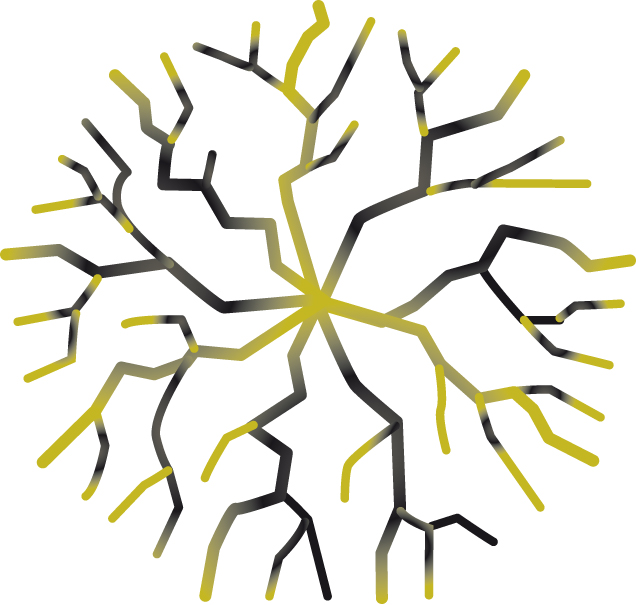
Intro:
The goal of the SAGE Research School (SRS) is to provide the best possible graduate training in the field of climate change and natural resources management. The PhD fellows joining the SRS will benefit from training activities that aim at promoting an interdisciplinary mind-set, knowledge of a multitude of methods, exposure to an international and diverse environment and career development. The initial fellows will either receive a fellowship by the DAAD, or they are funded by governmental organizations, However, the PhD Research School is also open for students applying with own external funds.
Research Themes:
When talking about climate change and natural resources in the region, two main valuable resources are currently at stake: water and biodiversity. Water problems have been addressed in virtually myriads of current and past projects in the region. Therefore, we decided to capitalize on water demand, rather than on supply management as overarching principle, since water demand management is likely to be the key to as sustainable future, because the current resources are already over-exploited. Demand management also links to land use and biodiversity because it includes, for example, green water management in agriculture, acceptance of unconventional water sources, water-energy nexus and obstacles to the implementation of science-based strategies. Water demand management is an inherently interdisciplinary topic, and it involves political decisions such as water pricing and allocation to sectors, land use practices, urban water demand, and many ethical, social and economic aspects that affect collective as well as individual management and governance decisions.
All SAGE activities, including research and education within the SRS, are aligned along four overarching research themes. These are led by an international team of scientists from the region and from Germany, and they have been designed to inspire interdisciplinaryresearch themes. These will be addressed by a team of PhD Students both within as well as across different disciplines. The research areas are as follows:
A. Climate & Hydrology
B. Ecology, Biodiversity & Ecosystem function
C. Socio-Economy &Ecosystem Services
D. Governance & Ethics
Supervision Concept:
The fellows will receive structured guidance throughout their Ph.D., which will increasingly emphasize independent career development. Each PhD-Student will be allocated a Thesis Advisory Committee (TAC)that is responsible for the guidance throughout the Ph.D. project. Each TAC is composed, on average, of three members according to the following guidelines:
- Interdisciplinary: by training or research group affiliation. This ensures a broad perspective in each TAC and adds value by providing diverse methodological insights and interdisciplinary thinking.
- Junior: ≥ 1 early career researcher. These could be either junior scientists from the groups of the PIs involved, or alumni of SAGE that stayed in an academic environment after graduation (relevant only for a second phase of SAGE). This will provide for them early access to PhD student training, and ensure fresh perspectives on PhD projects.
- International: As a rule of thumb, each TAC includes at least one member from Germany, and two from the region. Further international collaborators may also be invited to join individual TACs.
Training Concepts:
The training concept rests on five core components:
- Course work for skill training
- Annual PhD conferences with visiting scientists
- Regular exposure to scientific discourse
- International lab rotations
- National and international conferences
Students acquire 16 credit points (ECTS) in total. Of these, 8cp are covered by compulsory activities, and 8cp by elective courses. If appropriate, individual compulsory activities may be replaced by elective ones upon application of the student and discussion within the TAC. To avoid scheduling conflicts with the core field season, the compulsory SAGE activities take place mainly during summer.
